How do you assess language problems in ESL learners?
Speech Pathologists rely on formal assessment, observation, and informal assessments to determine language disorders. However, with ESL students formal assessments are less helpful. Not only are the tests normed on native English speakers, but simply translating the test into the persons native language does not give a true reflection of the persons language abilities. Therefore, […]
ESL and learning disabilities
I have frequently worked with ESL students who experience difficulties acquiring a new language because they struggle with language impairment. Often people ask how a language disorder can be distinguished from simple normal language acquisition. It’s not always a simple answer, but one place to start is with the acquisition of the first language. If […]
What did you say? I didn’t understand you
Waiting for someone to say, “What did you say I didn’t understand you” is not a beneficial strategy for effective communication for a number of reasons. You have lost your audiences’ attention as they mentally flip through their language files to try to understand what has been said. It is possible to convey a message […]
How does decreasing my accent help me?
When someone has a heavy foreign accent many words in a sentence can be lost to the listener. Every time that happens the audience is derailed. Effective communication ceases. Decreasing an accent improves the communication interaction.
Did you hear what I said?
Another strategy that can help increase your intelligibility is slightly reducing the rate of speech. No, not slow long drawn out words, but a slight reduction of speed allows time to modify word endings and can help increase comprehension.
What did you say? Articulating
How do you make yourself understood? Sometimes I overhear a conversation where someone is clearly having difficulty understanding. After you get the message that, you have not been understood simply repeating, the message is not your best option. Reasons for not being understood can be varied. For instance, dropping the endings of words in English […]
What did you say? I didn’t understand you
When someone is not clearly understood, it is left to the listener to ask for clarification. In a one on one conversation, this is not difficult and asking, “What did you say” may be inconvenient, but most are willing. Nothing is lost. However, when speaking in front of a group, relying on the listener request […]
Recognizing and honoring our strengths
Today a student asked me why he had to take college preparatory classes when he wanted to become an auto mechanic. It was hard to explain to him how adults have decided that every child has to be college bound even if their strengths lie in another direction. This student knew that he needed hands […]
Blogging
I recognize that blogging is a challenge for me, not because I don’t have ideas. No, it’s a challenge because writing for me requires some passion and time. However, I realize there is so much to say about working with people that struggle with communication. I am going to link my blogging to my twittering, […]
Public speaking
Another quality that is necessary for good public speak is intelligibility. Can the listener understand each word? This is were accent comes into play. I love a beautiful accents, but Americans unfortunately are not accustomed to strong accent variation. Therefore when making presentations to Americans it is important to be intelligible if you want to […]

